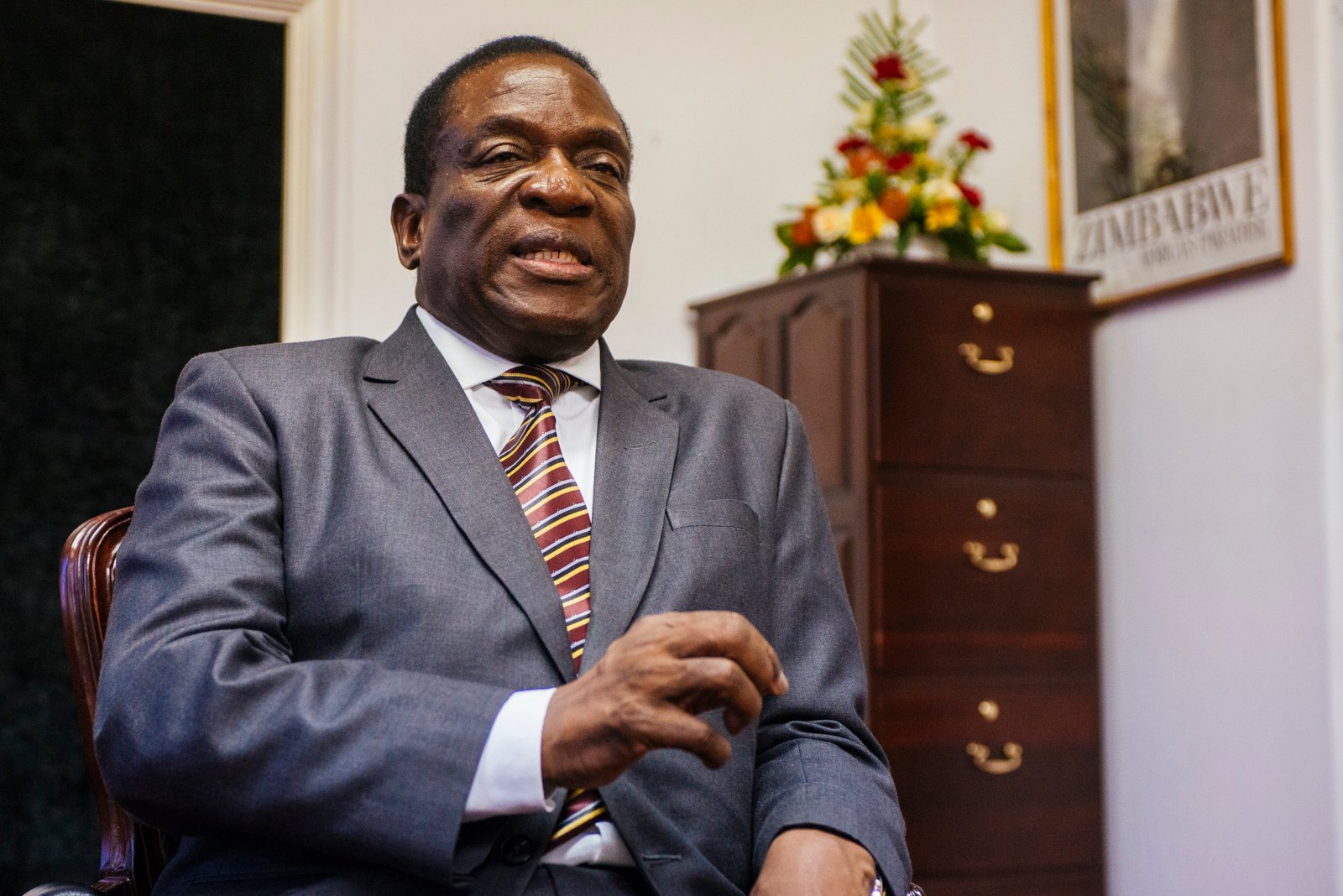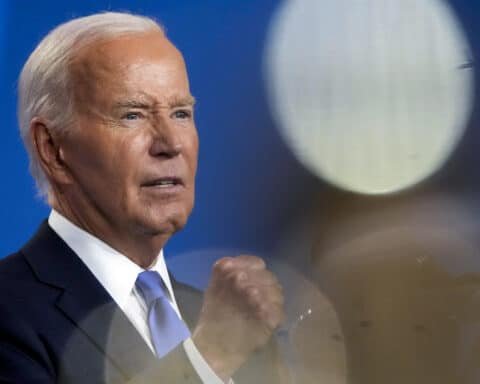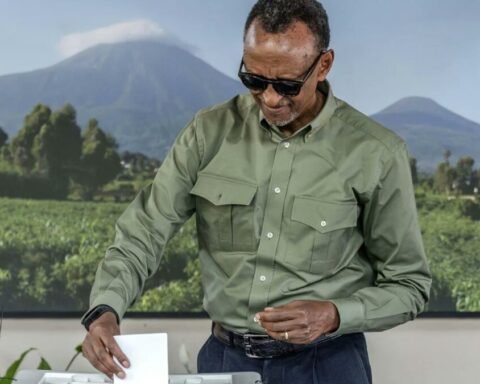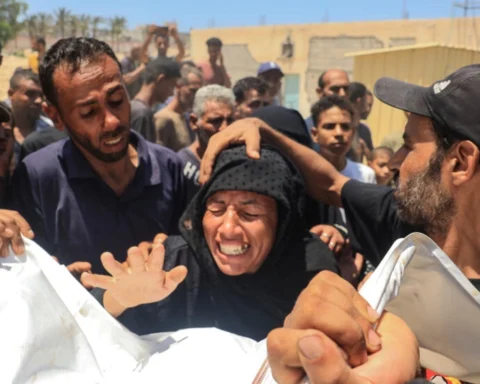President Emmerson Mnangagwa’s three months general pardon for those who siphoned funds and and assets out of Zimbabwe is expected to come to an end on Wednesday.
According to the state-owned Chronicle newspaper, “the grace period which allowed looters to return the loot, with no questions asked” was set to come to an end.
Mnangagwa announced in November a 90 day amnesty for the return of funds siphoned out of the country by individuals and corporations during ex-president Robert Mugabe’s reign.
The president said at the time that those who returned their illegally earned cash were going to be pardoned unconditionally. The amnesty period ran from December 01 to March 01.
“Upon expiry of the three-month window, the government will proceed to effect arrest of all those who would not have complied with this directive and will ensure that they are prosecuted in terms of the country’s laws,” Mnangagwa was quoted as saying at the time.
Mnangagwa, who took over from long ruling Mugabe after a military intervention, said the operation had discovered that huge funds were illegally externalised.
Mnangagwa was sworn-in in November last year and has vowed to fight corruption, protect foreign investment and create jobs to help re-build the troubled economy.
During his first visit to the World Economic Forum in Davos, Switzerland last month, Mnangagwa said that his call last year for the return of externalised funds was “being heeded and substantial millions” have been returned.
It was, however, not immediately clear how much had been returned.
Mnangagwa maintained that the southern African country was addressing its challenges with “renewed effort and vigour”.
To mark his 100 days in office, president Mnangagwa tweeted some of his government’s achievements so far.
He, however, maintained that there were “a lot more things” to be done to stir the southern African country to economic recovery.








